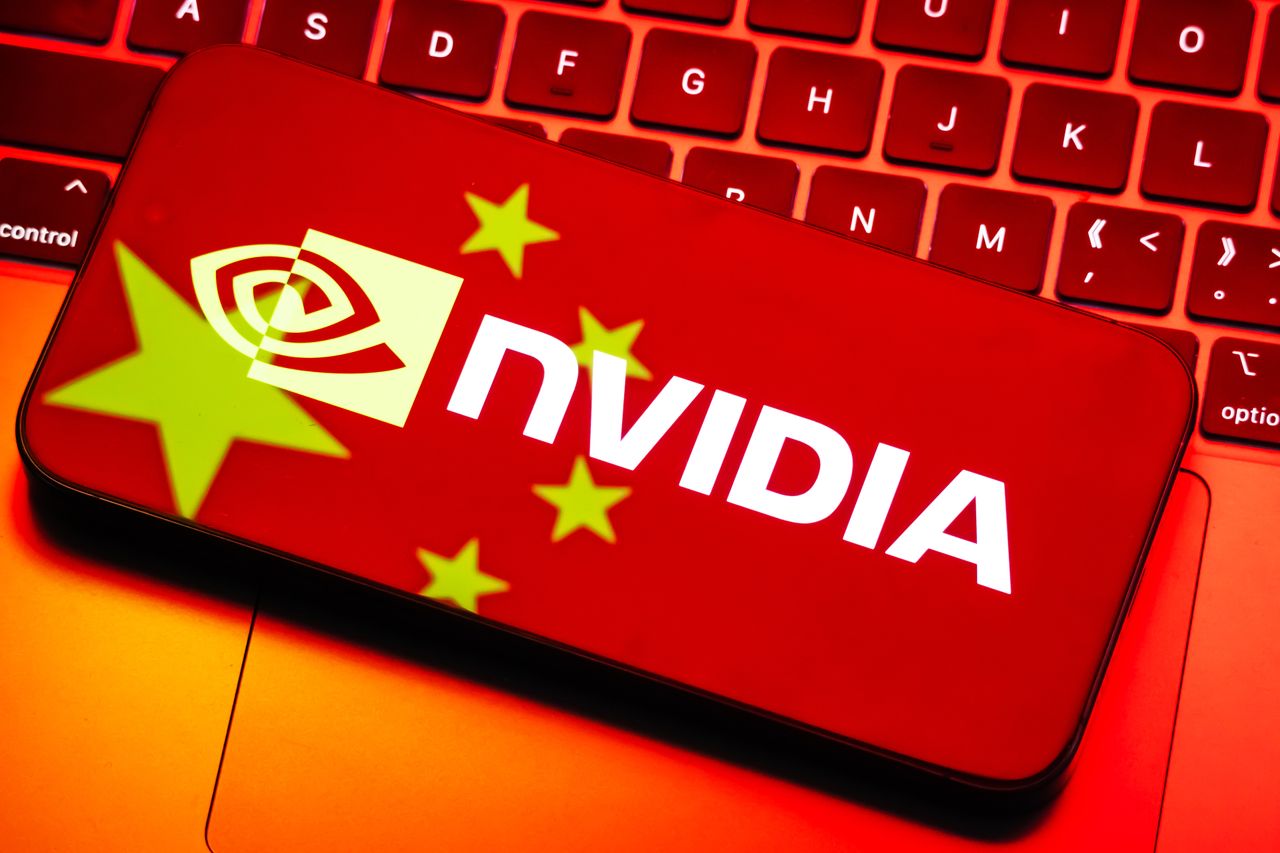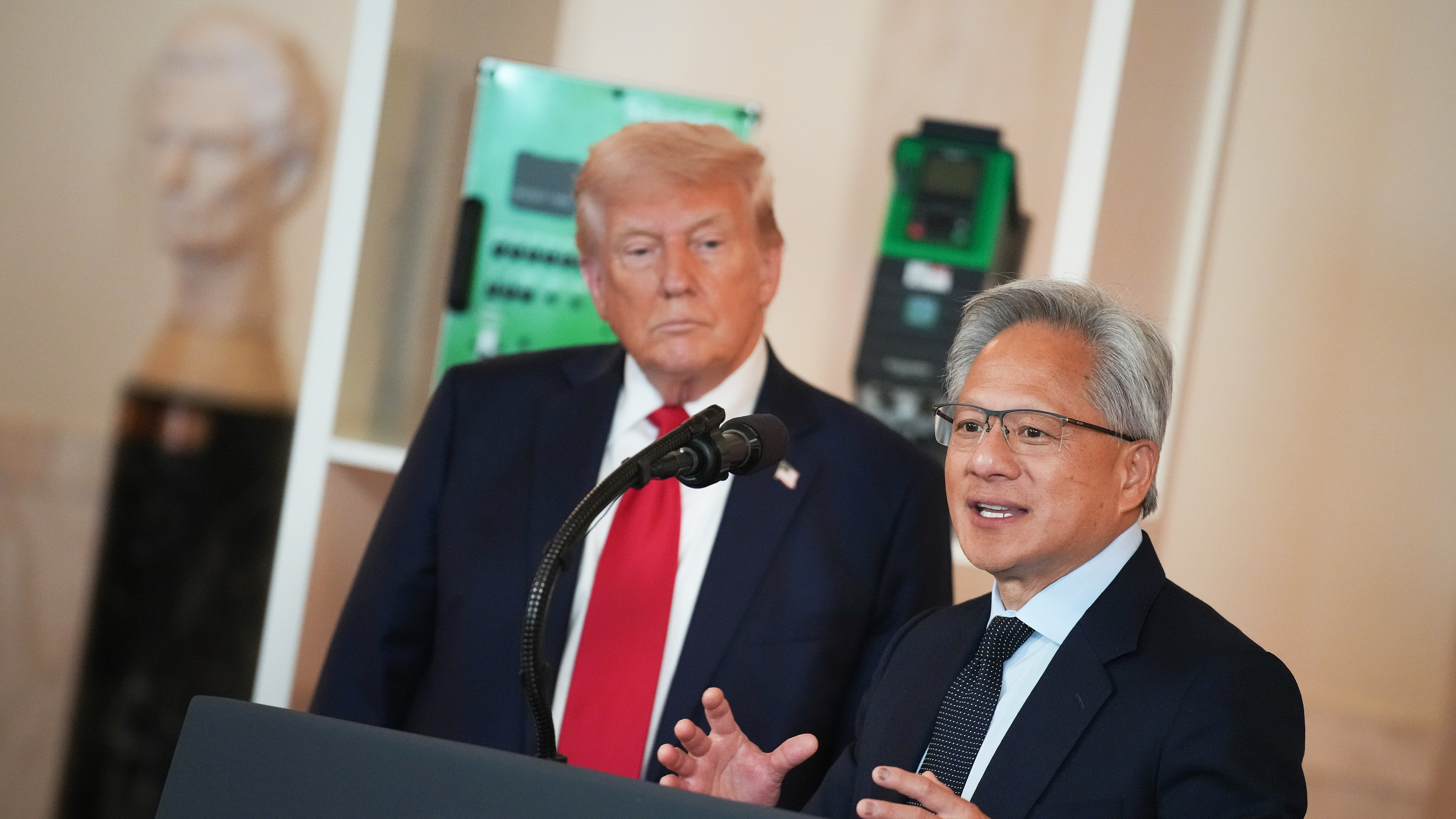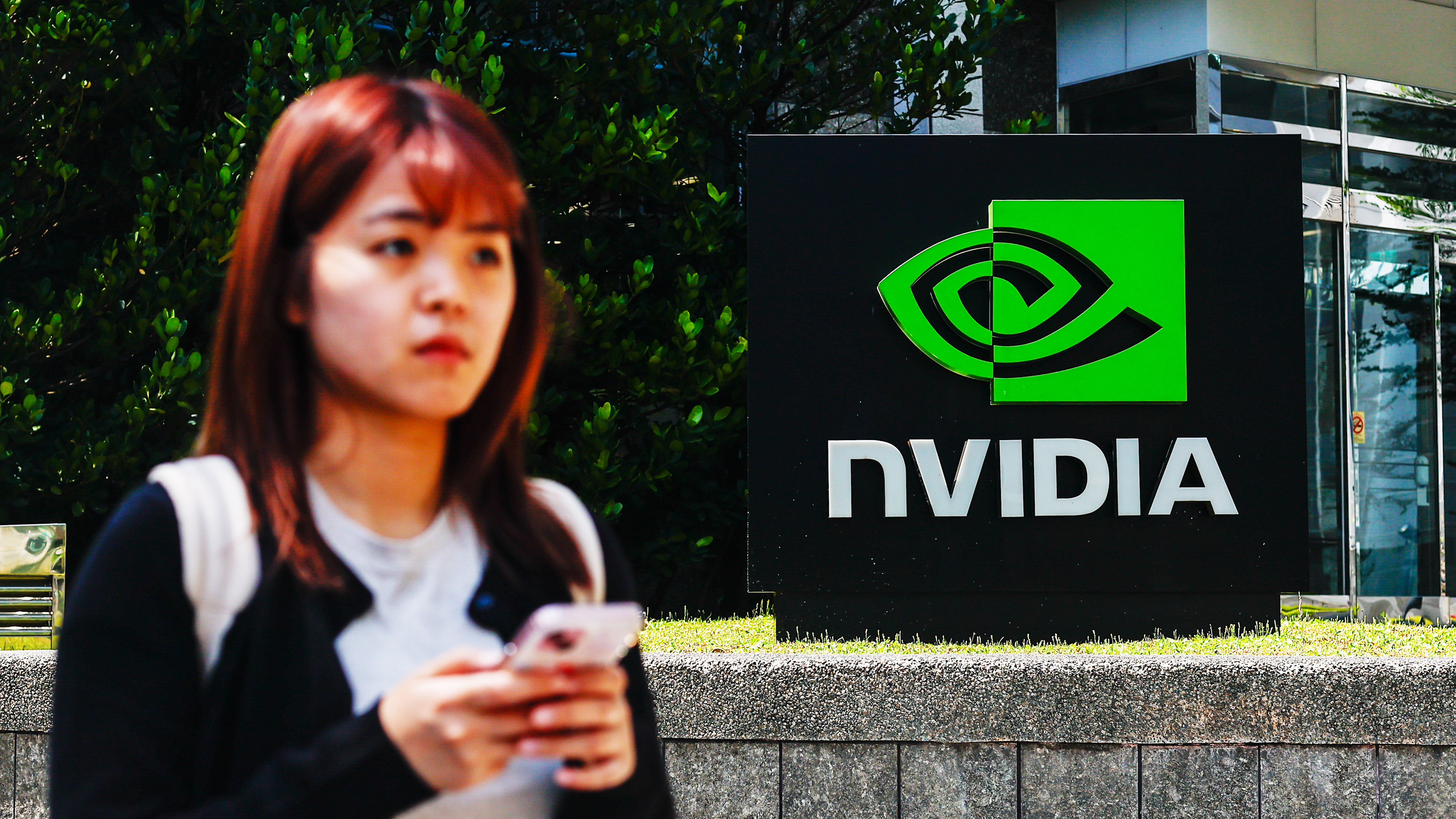
NVIDIA, the leading supplier of AI GPUs the world over, could have another obstacle in its way as it attempts to regain Chinese customers (and good faith) following the US government's ban reversal on the H20 AI accelerator.
As reported by Bloomberg, anonymous sources claim that major Chinese AI firms are under pressure from Chinese authorities to avoid purchasing and using NVIDIA's H20 AI chip, particularly when it comes to government and national security arenas. That holds whether the firms are state-related or private.
While Chinese authorities have not instituted an outright ban on the use of NVIDIA's hardware in the AI industry, this is undoubtedly causing concern for the massive Chinese firms that rely on the H20 GPUs.
Yes, these are the same nerfed chips that President Trump called "obsolete" in an August 11 press conference held to explain the new 15% levy on any of NVIDIA's H20 or AMD's MI308 AI GPUs sold to China.
According to Financial Times, Alibaba and ByteDance have both received inquiries from the Ministry of Industry and Information Technology (MIIT) as to why they're ordering NVIDIA's H20 GPUs rather than GPUs built by domestic companies, including Huawei.
As quoted in the FT piece, a Chinese data center operator stated that "it's not banned but has kind of become a politically incorrect thing to do."
A brief history of NVIDIA's H20 GPU sales in China

China's attention didn't just turn to NVIDIA's GPUs; this situation has been building up over the course of months (and perhaps years).
For a brief recap of the past five months, the Trump administration began prohibiting sales of NVIDIA H20 GPUs — explicitly designed to be less powerful than NVIDIA's heavy hitters — to China in April, removing the export licenses required from NVIDIA's hands. This resulted in a $5.5 billion loss for NVIDIA as it attempted to find a way to remove the restrictions.
A reversal of the AI GPU export ban was announced on July 14 via an NVIDIA blog post, in which it was explained that CEO Jensen Huang had reached an agreement with President Trump.
As reported by the New York Times, Huang was quoted as saying that removing American-made AI chips as the global standard would be a "grave mistake" and would essentially give China's enormous AI market over to rivals like Huawei. It seems that the Trump administration listened to Huang's pleas.
It didn't take long after the ban reversal for NVIDIA to announce that it estimated a need for 300,000 more H20 AI chips from TSMC to meet China's demand, and that was on top of the 600,000 to 700,000 chips already stockpiled, waiting for sales to resume. Keep in mind that this was before the export licenses were officially inked.
As an apparent part of the final deal to receive those export licenses, it was announced on August 10 that NVIDIA and AMD had agreed to pay 15% of revenue garnered from AI GPU sales to China. More specifically, the money from NVIDIA's H20 and AMD's MI308 chips is targeted.
Why is China concerned about the use of NVIDIA's H20 AI GPUs?

Chinese and American officials have both expressed security concerns about NVIDIA's H20 chips. On the latter side, US authorities are concerned about China using the H20 GPUs to bolster its military or to gain an advantage in the AI race.
On the former side, Chinese authorities are concerned that NVIDIA's H20 GPUs could have some form of backdoor, kill switch, or spyware baked in, feeding information back to a foreign country.
With the abrupt reversal of the US government's stance on selling H20 GPUs, the concern from Chinese officials that there's an ulterior motive working behind the scenes isn't exactly unexpected.
In an attempt to assuage the fears of the massive Chinese market, NVIDIA published a blog post written by Chief Security Officer David Reber Jr. titled "No Backdoors. No Kill Switches. No Spyware." Within the post, Reber Jr. explained why this sort of government trickery isn't a realistic prospect for NVIDIA's hardware; it seems like something a company that was putting backdoors into its hardware would say, but that's pure conjecture on my part.
To mitigate the risk of misuse, some pundits and policymakers propose requiring hardware “kill switches” or built-in controls that can remotely disable GPUs without user knowledge and consent. Some suspect they might already exist. NVIDIA GPUs do not and should not have kill switches and backdoors.
David Reber Jr., NVIDIA Chief Security Officer
China is also concerned about its NVIDIA equivalents falling too far behind in the AI chip race, as profits from the boom are sent out of the country's borders to US corporations.
Although there's not yet a full ban on Chinese customers investing in NVIDIA's H20 AI GPU, Beijing could drop the hammer at any time. With China's MITT pressuring major firms to produce answers as to why these chips are heading into their hands, it does seem like the situation could get worse for NVIDIA before long.







